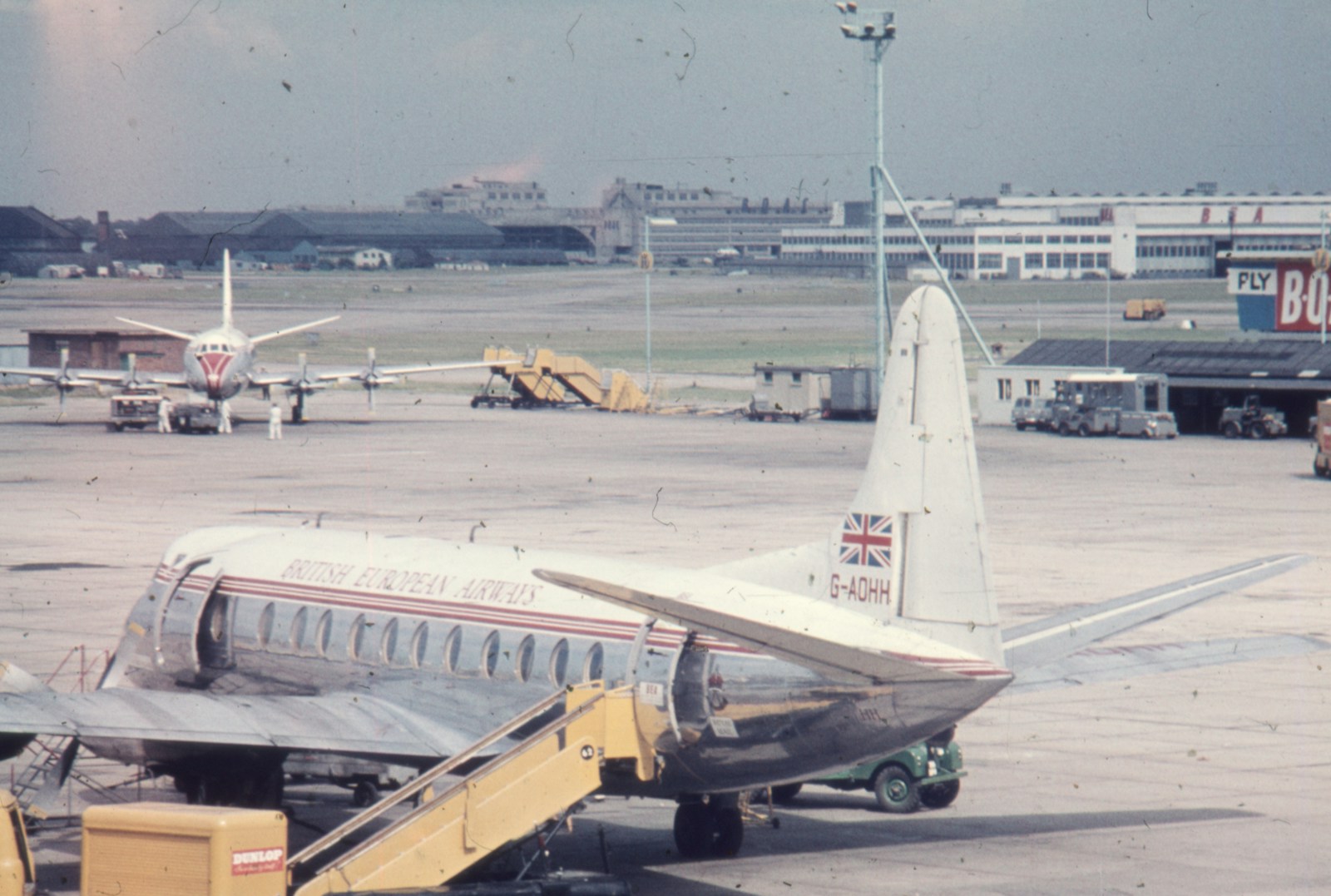Travel disruptions at major European hubs are expected to continue for a third consecutive day, according to a recent announcement from transportation authorities. The statement confirms that the flight delays and cancellations that created chaos throughout the weekend will persist, affecting thousands more travelers.
Weekend Travel Chaos
The weekend saw significant disruptions across Europe’s busiest airports, as flights were delayed or canceled entirely, leaving passengers stranded and their travel plans in disarray. Airport operations were severely impacted, with long lines forming at check-in counters and customer service desks.
Travelers reported waiting hours for information about their flights, with many forced to seek alternative transportation or accommodation. The situation was tough at major international hubs that serve as connection points for flights across Europe and beyond.
Causes of the Disruption
While specific causes were not detailed in the announcement, European airports have recently faced several challenges that typically lead to such widespread disruptions:
- Staff shortages across various airport operations
- Air traffic control limitations
- Technical issues with airport systems
- Weather conditions affecting flight safety
The compounding effect of these factors has created a situation where airlines struggle to maintain their scheduled services, leading to a cascading effect of cancellations across the network.
Passenger Impact
The extended disruption period means thousands more passengers will face uncertainty about their travel plans. Those with connecting flights are particularly vulnerable as missed connections can result in complex rebooking scenarios.
“The continuation of these disruptions into a third day represents a significant challenge for both the aviation industry and travelers,” an aviation analyst explained. The recovery time needed to return to normal operations increases with each day of disruption.
Passengers are advised to check their flight status before heading to the airport and to contact their airline directly for the most up-to-date information. Many carriers have implemented flexible rebooking policies to accommodate travelers affected by the disruption.
Economic Consequences
The travel disruptions come at a critical time for European tourism, which has been recovering from previous setbacks. The financial impact extends beyond airlines to include hotels, restaurants, and other businesses that depend on tourism.
Airlines incur significant costs due to these disruptions, including compensation payments to passengers, accommodation expenses, and the operational challenges of repositioning aircraft and crew members.
Airport retail businesses also report decreased sales as fewer passengers move through terminals or spend less time shopping due to uncertainty about their travel plans.
Transportation officials have not provided an estimate for when normal operations might resume, leaving both the industry and travelers in a state of uncertainty. As the situation develops, authorities have promised more frequent updates and assistance for those affected by the continuing travel disruptions.






